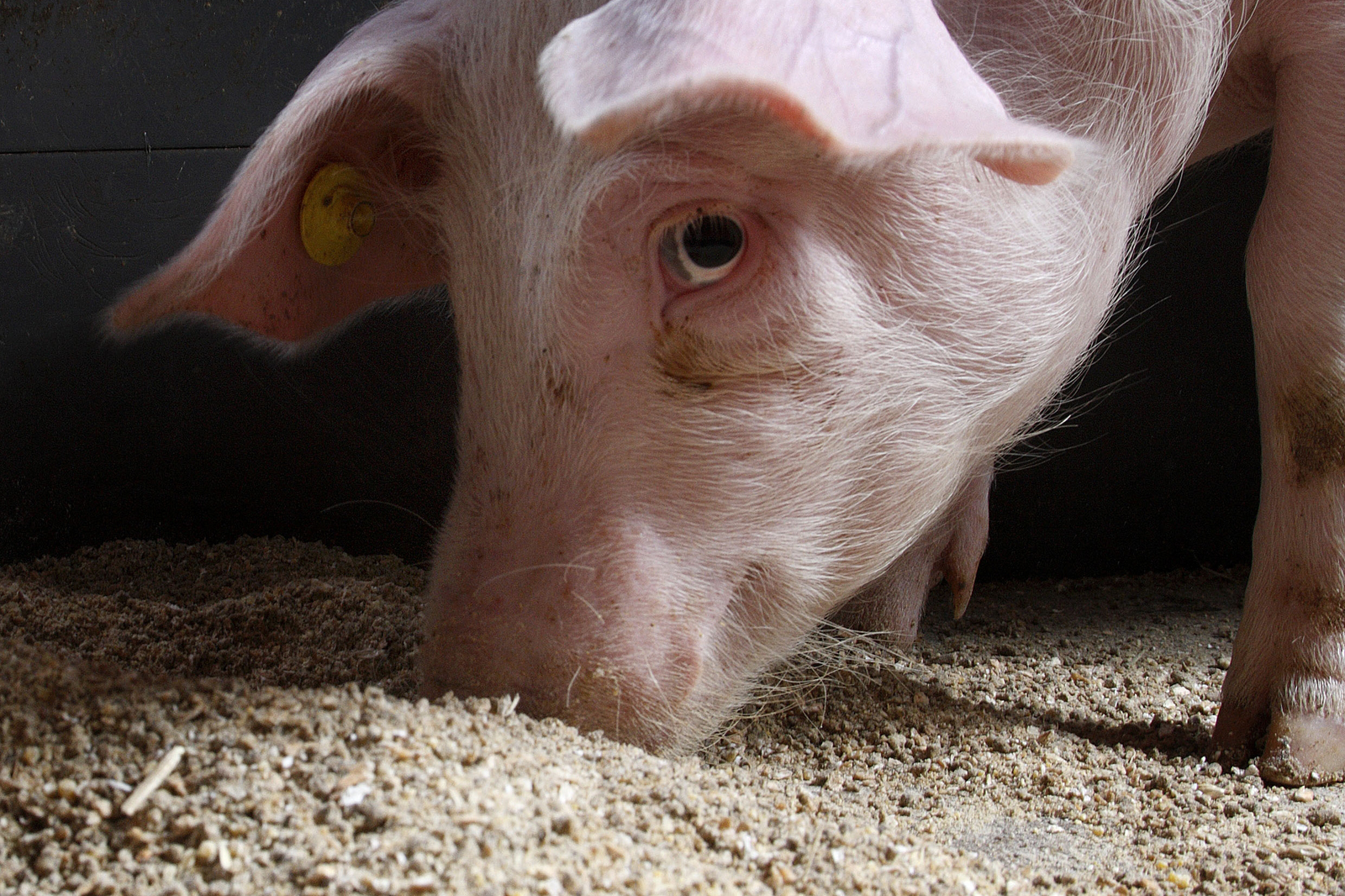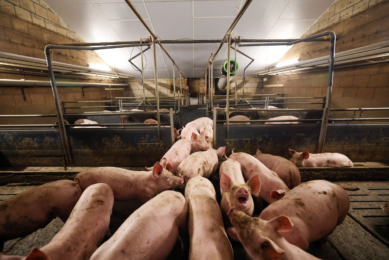More wheat bran in diet, less energy digestibility

New research is helping to determine the nutritional value of wheat bran in diets fed to pigs.
Wheat bran, like many other co-products from the human food industries, contains more fibre than corn and soybean meal, which adversely affects energy digestibility. According to the news item on Pig Progress, the scientists claim that more inclusion of wheat bran in the pig diets means less energy available for pigs.
The digestible energy (DE), metabolisable energy (ME), and net energy (NE) in the diets declined as more wheat bran was included. The DE content of diets containing no wheat bran was 3,454 kcal/kg, compared with 3,161 kcal/kg in diets containing 30% wheat bran. The ME content of the diets decreased from 3,400 to 3,091 kcal/kg, and NE content decreased from 1,808 to 1,458 kcal/kg.
“To save on feed costs, more producers are turning to co-products,” explained Dr Hans H. Stein, professor of animal sciences at the University of Illinois. “Therefore, there is a need to determine the energy contribution from fibre-rich ingredients. But the effect of dietary fibre on heat production and net energy of diets is unclear.”











